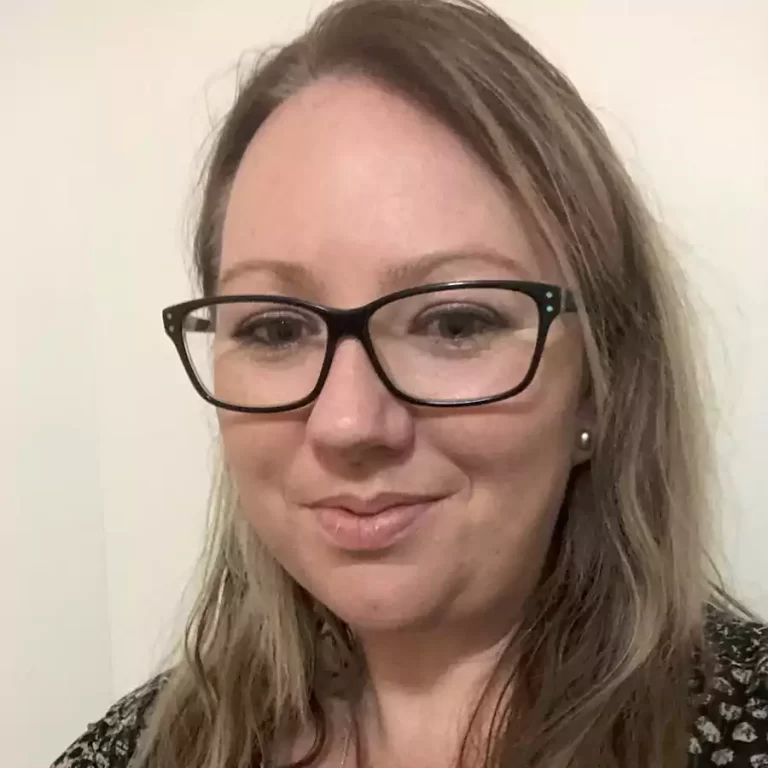Psychological Treatment
Our Psychologists at The Lighthouse Clinic provide mental health treatments for a variety of conditions using a variety of treatment models all tailored to suit your needs.
DBT is a type of talking therapy helpful for people who have trouble controlling their emotions. It can be used with depression, anxiety, borderline personality disorder, eating disorders and PTSD.
CBT is the most common treatment used in Australia wide and is a practical skills based approach.
Trauma informed therapies recognise that past trauma impacts the present in hidden ways which if unidentified can lead to ongoing symptoms of anxiety, depression, relationship issues or other struggles.
Rather than focusing on eliminating unwanted thoughts or emotions ACT helps people accept them, and use mindfulness skills to respond in a way that aligns with their values. ACT can be helpful for anxiety, depression, eating disorders, chronic pain, OCD and substance abuse.
Mindfulness practice works to create a non-judgemental awareness of your internal experiences and your external world. It can be helpful to reduce stress and regulate emotions. Increasing awareness of your internal experiences can help build deeper understanding of any thoughts, feelings, and physical sensations happening in the moment.
Schema therapy involves identifying an individuals ‘schemas’ or negative patterns of thought and behaviour. By increasing awareness of these patterns and their impacts we can alter how we see the world and ourselves which can improve mental health, quality of life and relationships.
Psychodynamic psychotherapy is a more in-depth form of treatment that focuses on the psychological roots of emotional distress. It can be helpful if other short term therapies have not lead to sustained life changes and benefits. Psychodynamic treatment is a commitment often for years however there is evidence that the benefits persist years after treatment has concluded.
Group therapy comes in many different forms. It involves a number of patients coming together to discuss and address shared concerns. It is effective for many conditions, especially those which result in interpersonal problems.






